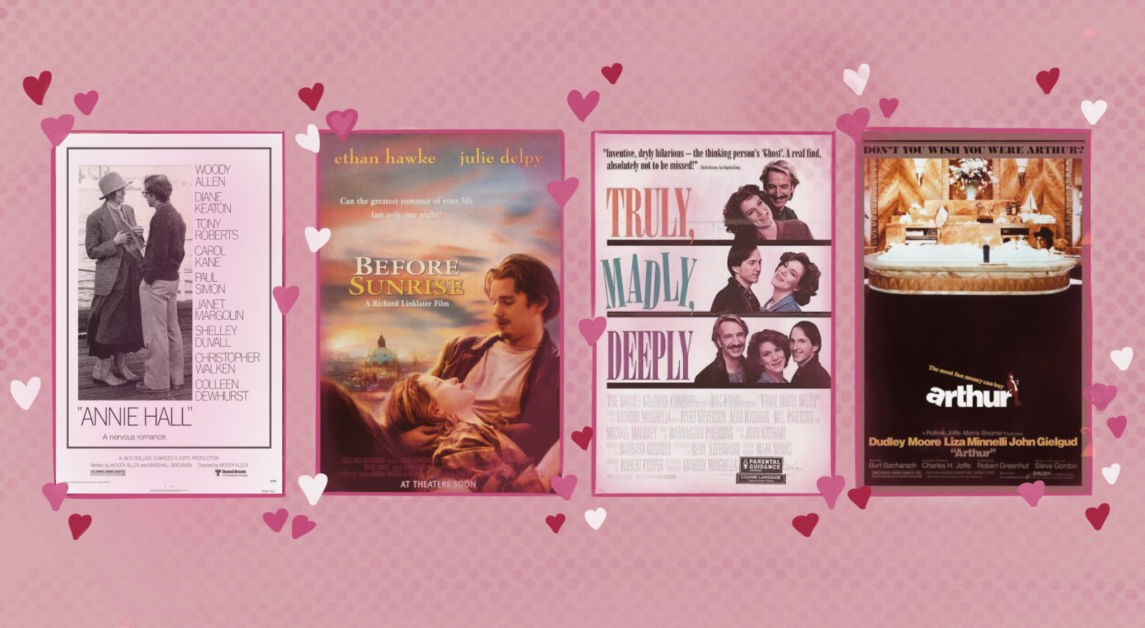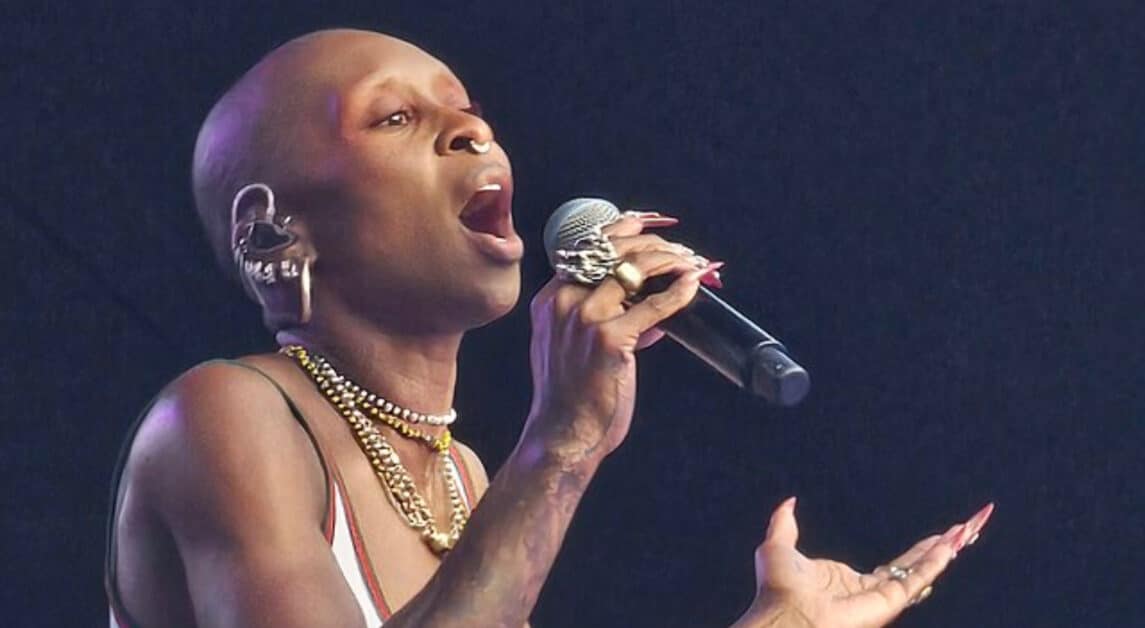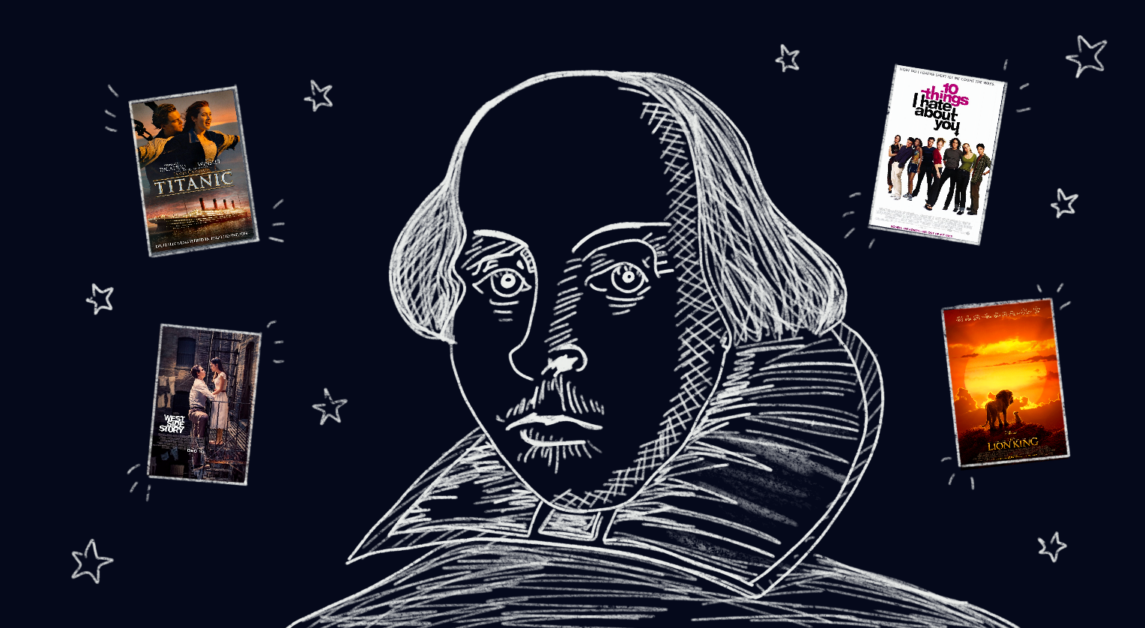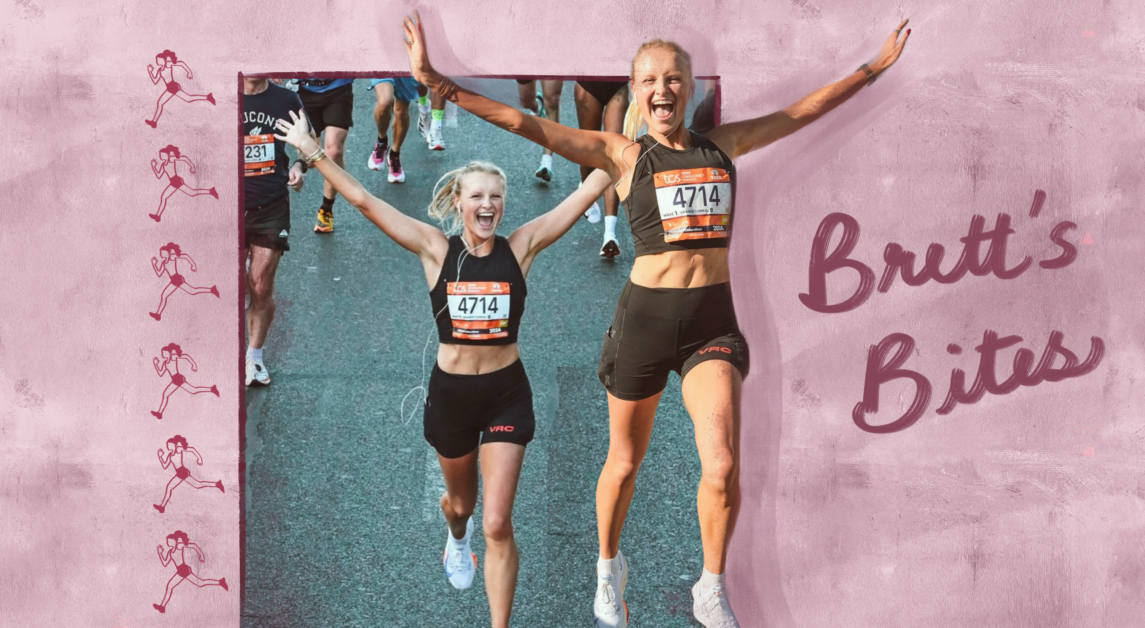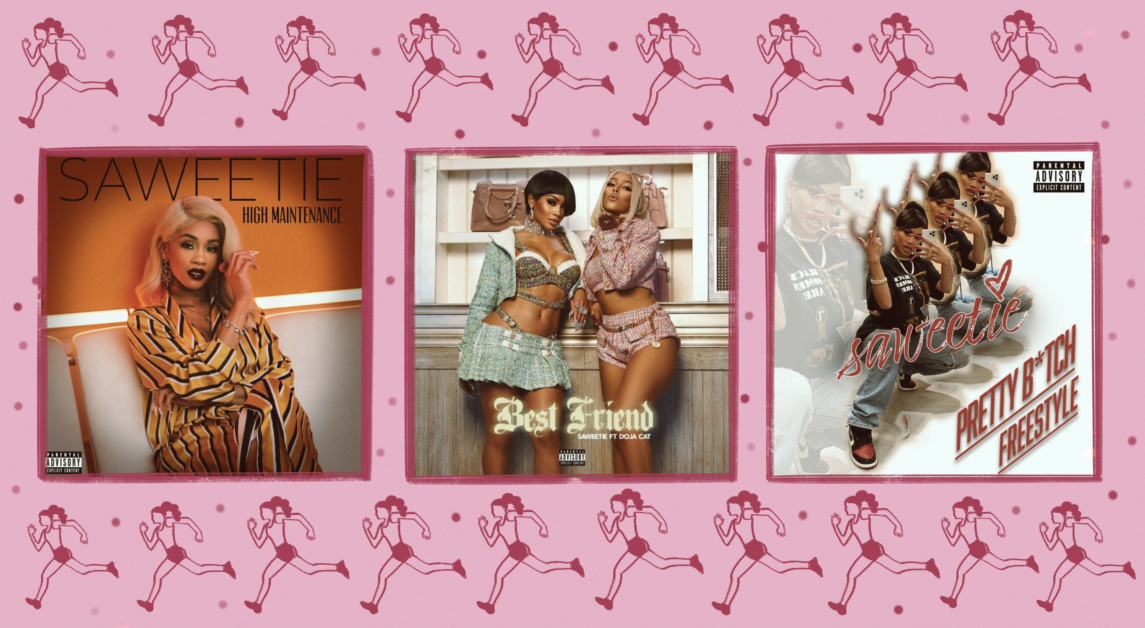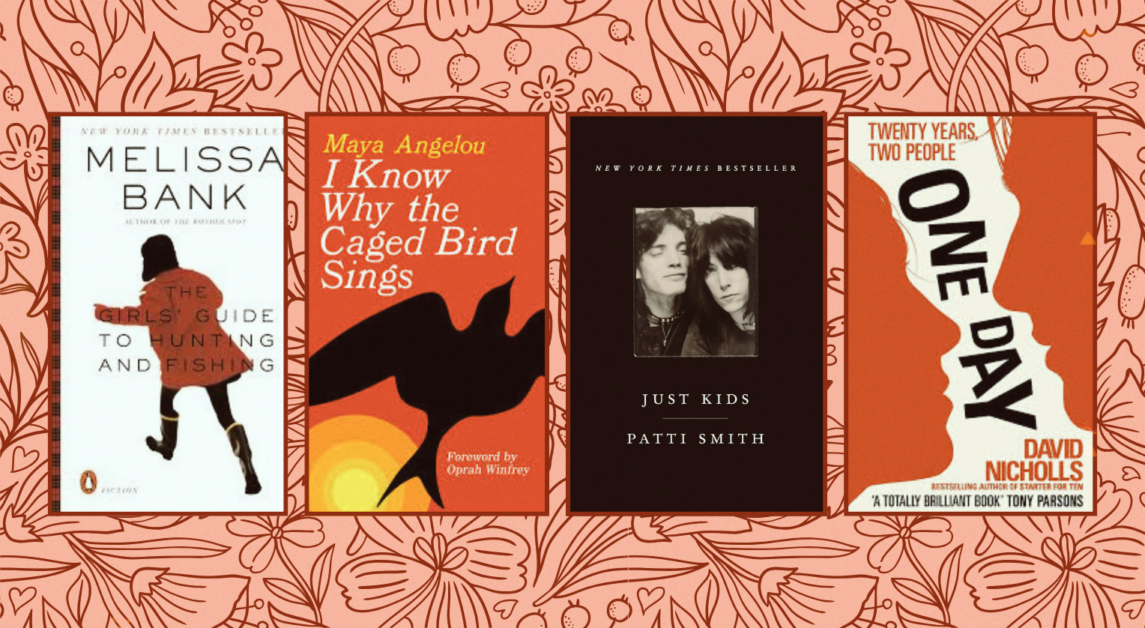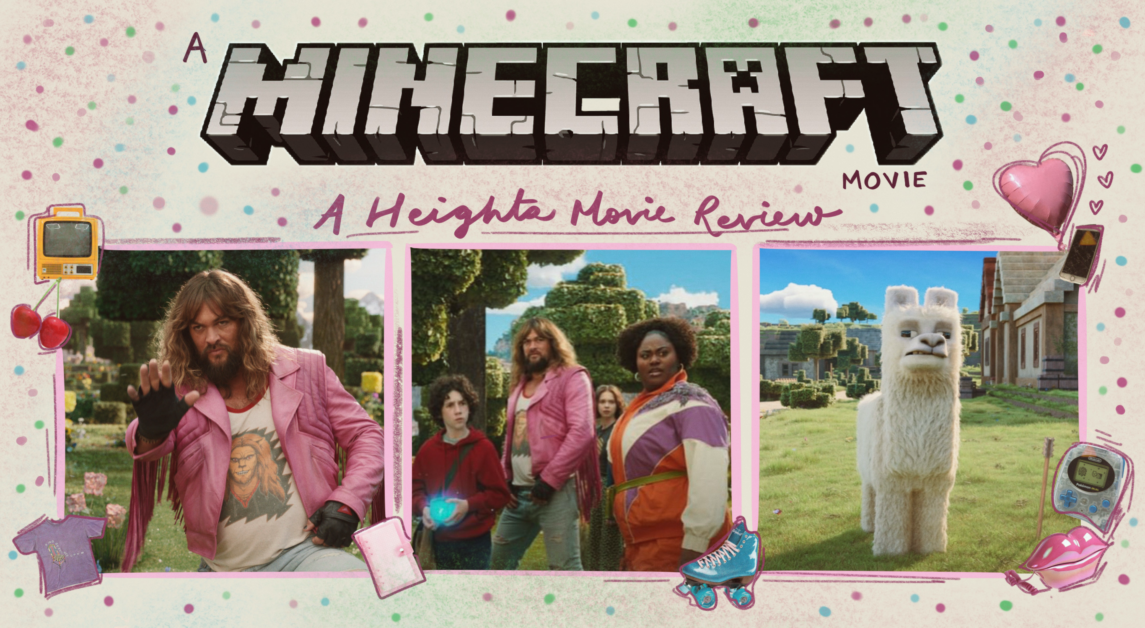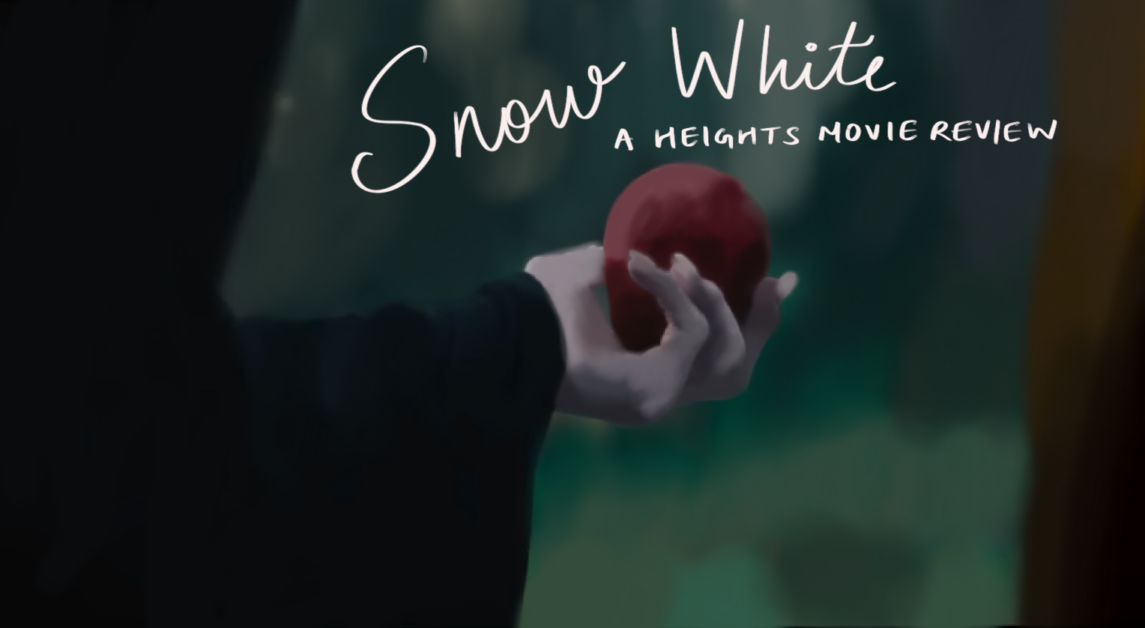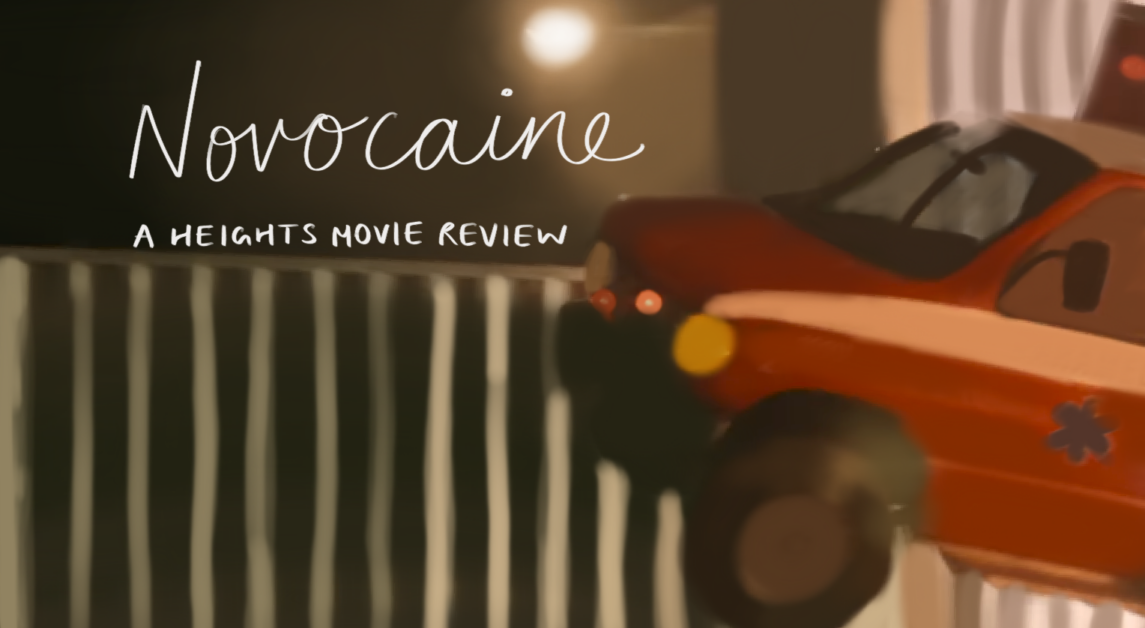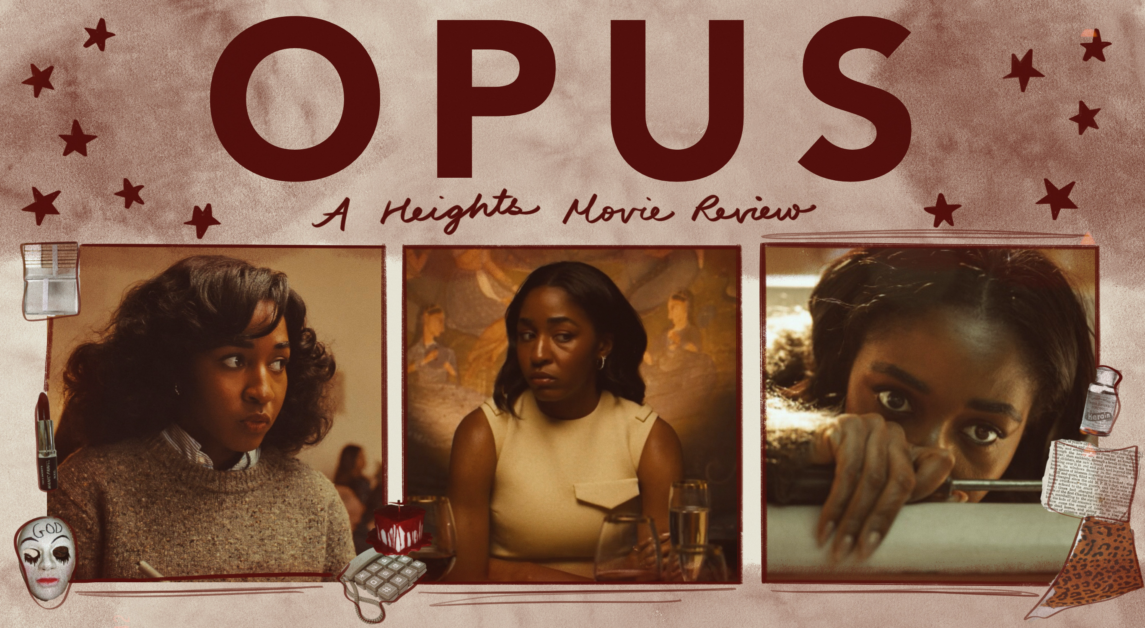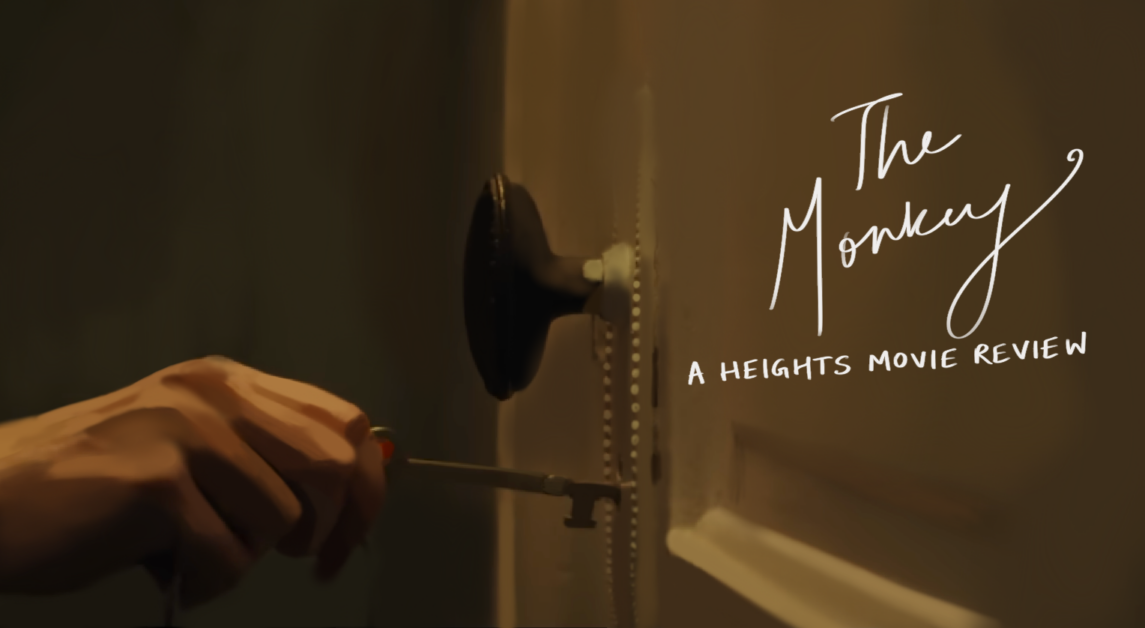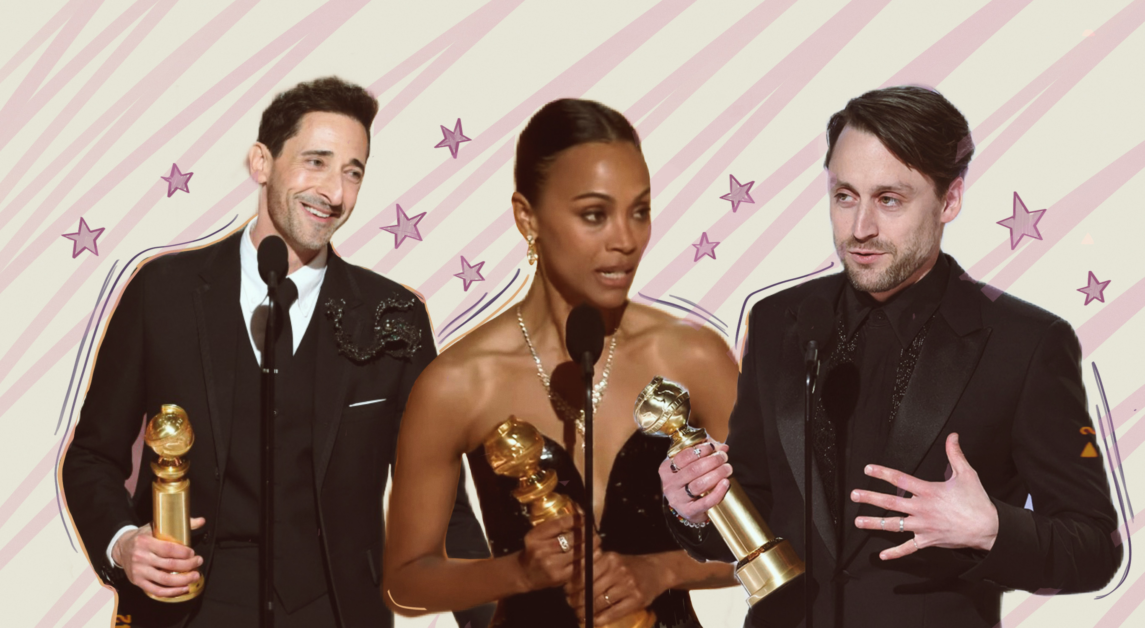The romance genre is unfortunately polluted with sappy, cliché-filled dramas that are often palatable but painfully predictable. For arguably the most compelling human emotion, Hollywood often presents love extremely simplistically while also giving life to harmful misconceptions. Despite this, the films that do manage to capture even a small aspect of love realistically and honestly turn out to be some of the most moving pieces of cinematography.
Whether you’re spending this Valentine’s Day coupled up, happily single, or feeling the Feb. 14 blues, this list exhibits the best of what the romance genre has to offer. These films are a series of thought-provoking watches that won’t serve to perpetuate any radical feelings but rather allow for a contemplative appreciation for any sort of relationship.
About Time
When I watched this movie for the first time three years ago, I was on a plane expecting a simple, feel-good rom-com to tide me over through the flight.
As it turned out, I was woefully underprepared.
What I now consider the pinnacle of airplane movies, About Time, has it all. Along with all the suspense and plot twists of any good romance film, some of the film’s most touching moments depict Tim Lake’s (Domhnall Gleeson) relationship with his father, sister, and children.
The range of emotions to be experienced while watching is astounding, but the film also prompts more difficult, philosophical questions with its key motif: Lake’s ability to time travel. While this surreal feature could easily ruin the film’s verisimilitude, About Time incorporates it so naturally that you quickly forget it as an abnormality. Positing the notion of living every day as if you specially traveled back to it, the film is vitally appreciative of life as well as emotionally evocative.
Annie Hall
Unlike the rest of this list, Annie Hall lacks a typical happy ending—the boy meets the girl, but the relationship proceeds to crash and burn. Even though the romance isn’t successful, the back and forth between Alvy Singer (Woody Allen) and Annie Hall (Diane Keaton) shows the humorous aspect of something being missing in a relationship.
Throughout the film, Singer engages in a series of compelling reflections on his childhood, as well as other moments of his life, which he believes have made him inept at finding love. Allen’s quick quips and spontaneous stream-of-consciousness rambles are both thought-provoking and thoroughly entertaining as he navigates a truly messy affair—his tendency for both self-deprecation and arrogance creates a hilarious and relatable juxtaposition of character.
Arthur (1981)
Arthur follows an alcoholic, and grossly wealthy, New York socialite. Arthur Bach (Dudley Moore) poorly attempts to navigate a love triangle with the rich woman he is arranged to marry and the waitress he has fallen in love with over the course of the film.
More of a “com” than a “rom,” under Bach’s erratic actions and constant banter is a deeply flawed and complex character who develops extraordinarily throughout the film. Despite being loud and ostensibly abrasive, Bach has a childlike innocence that makes you sympathize with his situation, making his happily-ever-after moment extremely heartwarming when it comes.
The Before Trilogy (Before Sunrise, Before Sunset, Before Midnight)
After watching all three Before movies in one sitting, I was left staring out my window in the wee hours of the morning, unsure of how to feel.
Throughout the trilogy the emotional complexity just keeps on growing—the first film is fantastic, but the subsequent two elicit serious reflection. The conversational style of the three films allows for remarkable realism and meaningful insight into the value of human connection.
The chemistry between Jesse (Ethan Hawke) and Celine (Julie Delpy) is palpable and transcends the screen, especially as their relationship matures. Beginning as a classic boy-meets-girl narrative, the trilogy evolves into the most authentic depiction of a relationship I’ve seen in film. By the end of it, you are faced with a variety of questions about what love really looks like, including whether or not anger and resentment are inevitable, humane facets of it.
Truly, Madly, Deeply
This lesser-known British film emphasizes an understated—but extremely important—aspect of love: sacrifice. Similar to About Time, the movie uses a supernatural motif to convey real, human truths.
Instead of time travel, this film postulates the existence of ghosts, particularly that of Nina’s (Juliet Stevenson) deceased boyfriend from whom she struggles to move on. His spectral return is temporarily comforting but ultimately unsustainable.
Letting go is perhaps one of the most difficult parts of loving, and Truly, Madly, Deeply portrays that difficulty from both sides of the relationship. As well as showing the struggle of being haunted by one’s past, the film also has an optimistic turn, introducing a sense of renewal and hope while depicting the excitement of beginning something new.

